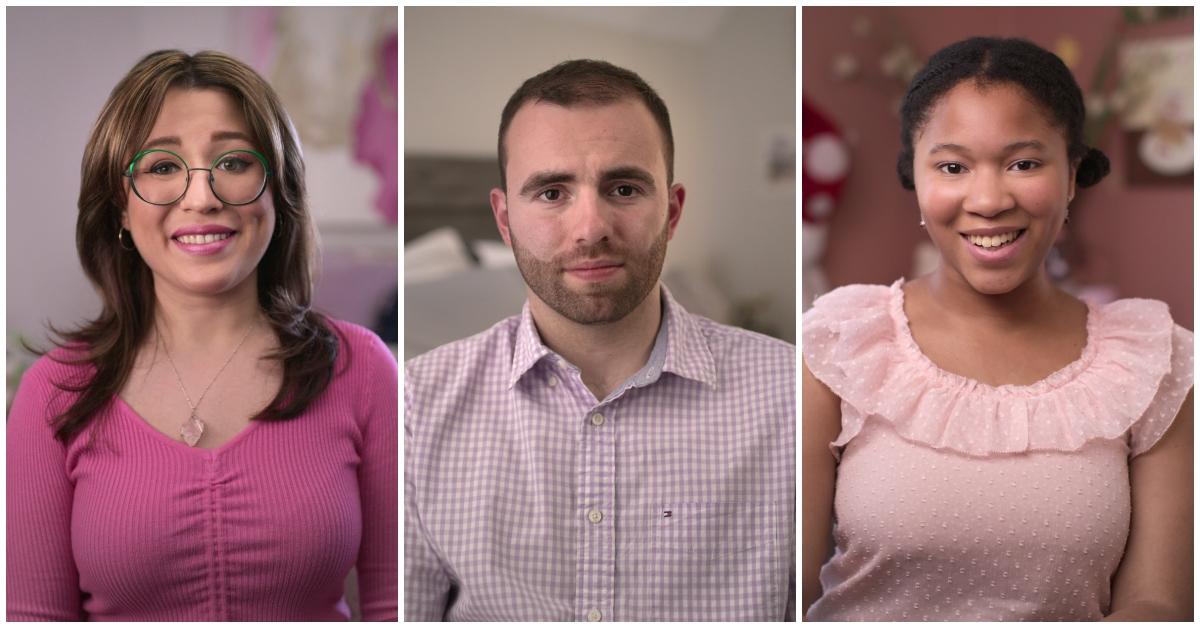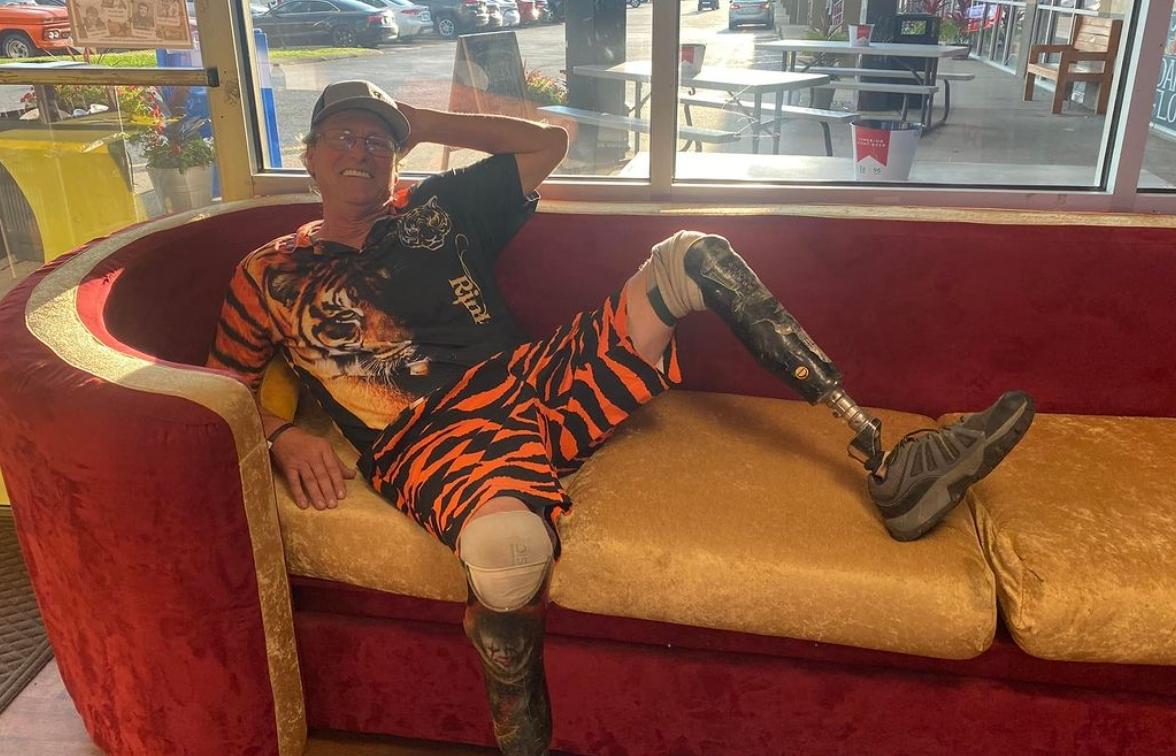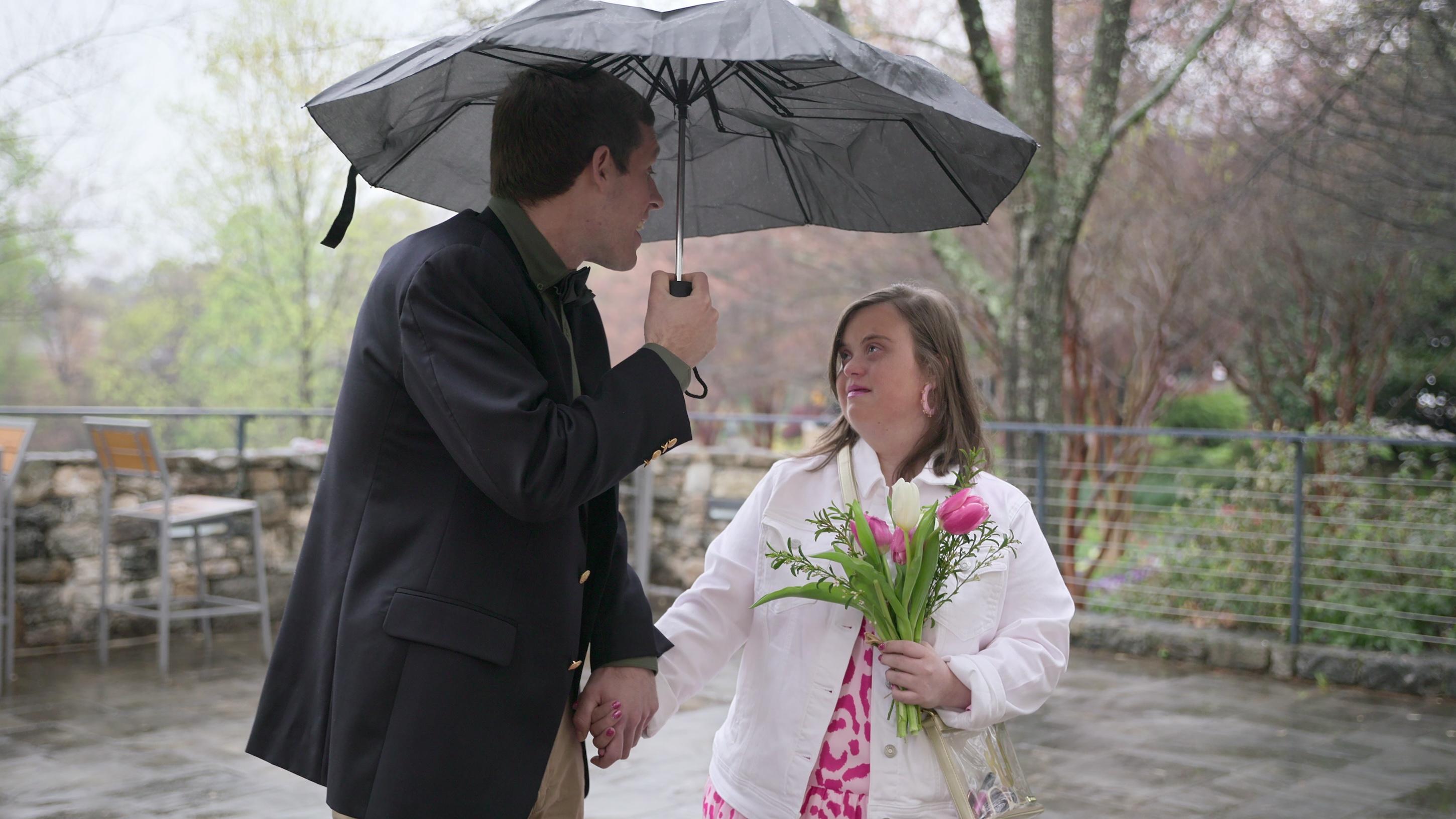There's a Rumor Going Around That 'Love on the Spectrum' Stars Aren't Paid — Is It True?
Updated Jan. 22 2024, 4:54 p.m. ET

The popular Australian dating series Love on the Spectrum made the long journey from Down Under to the United States for Love on the Spectrum U.S., which is currently in its second season. Both versions follow individuals on the spectrum who are looking for what most of us want: a partner.
While finding love is an invaluable experience, the question of compensation arises when it's filmed for a global audience. There has actually been some talk that the cast of Love on the Spectrum U.S. was not compensated for their time on the show. Is it true that the cast wasn't actually paid? Here's what we know.

Dani, Connor, and Journey all appeared in Season 2 of 'Love on the Spectrum'
Is the cast of 'Love on the Spectrum U.S.' not paid to be on the show?
According to a Reddit post from June 2022, the cast of Love on the Spectrum was not paid to be on the show. The post referenced a tweet the original poster saw asking if the cast of Love on the Spectrum was not actually paid for their time on the show. We did a quick search on Twitter and discovered the original tweet along with a reply that included a casting call posted on Backstage.com.
According to this casting call, which was sent out in February 2020, the cast of Love on the Spectrum U.S. would not be paid. "As we are a documentary series, we cannot pay for participation, but we do cover any meals and transport costs incurred. We work around people's schedules to make it work," the notice said.
In replies to the Reddit post, users went back and forth as to whether or not Love on the Spectrum is a documentary series or just a reality television show. The series describes itself as a documentary, but was this done merely to avoid paying its participants? How gross would that be?
Reddit user iamnotafraid2 chimed in with some information as an autistic person who has worked in reality TV.
"Exploiting the disabled community and the romantically desperate is also par for the course in the industry," they wrote. "I think the most evil, heinous thing here, at its core, is manipulating people who are desperate for intimacy and using them to feed a narrative that has helped the world put them in that position."
The narrative being fed is that people on the spectrum are made to "look like children" on these shows.
There are a lot of blurred lines when it comes to compensation.
A June 2020 piece in The Guardian touched on the inconsistencies surrounding payment for other Netflix shows like Tiger King and how sometimes getting paid can cost a series its credibility. Fans of Tiger King will remember John Reinke, the straight-shooting former GW zoo manager featured prominently in the series.
"I filmed that thing for five or six years, and didn’t make biscuits out of that," he told TooFab (via The Guardian). Evidently, Netflix made all the money.

John Reinke
Tiger King, like Love on the Spectrum U.S., seems to land smack dab in the middle of reality TV and documentary.
"Payment by way of exposure has been decried as problematic in every other industry, from journalism to fashion, but reality TV appears to be the one realm where it is considered valid to offer compensation via the tentative promise of C-list celebrity status," reported The Guardian. Of course, who decides what genre a project will exist in? Who can say.

The promise that Love on the Spectrum U.S. makes is love. It's possible the participants are only able to take part in the show because they are not in need of financial compensation, but should that need dictate whether or not a person is paid for their valuable time while someone like Netflix profits off of their experience? Absolutely not.
Perhaps we should trust that the folks from Love on the Spectrum U.S. knew what they were doing and were not, in fact, being taken advantage of. After all, wouldn't it be rather ableist of us to assume that was the case?